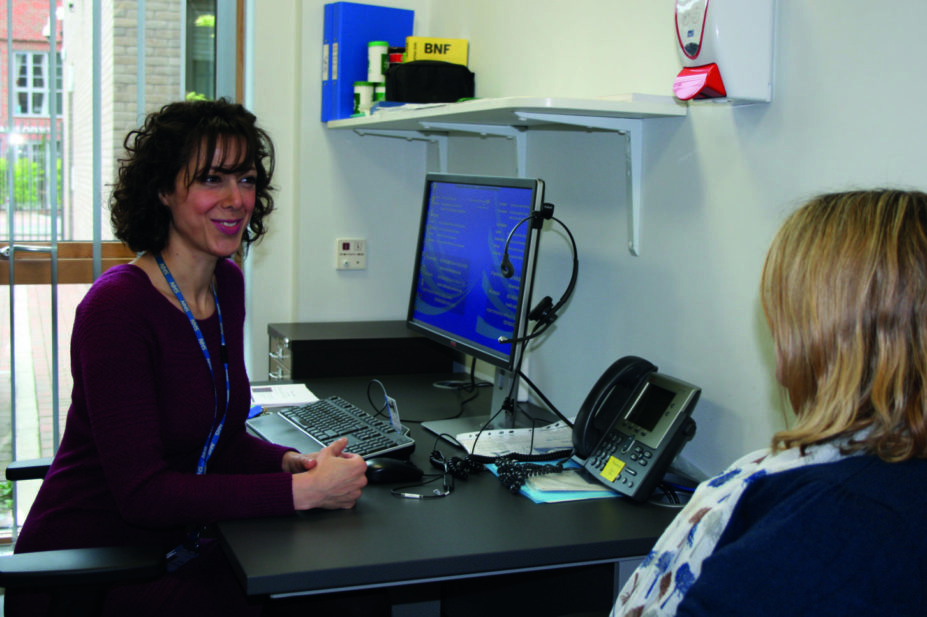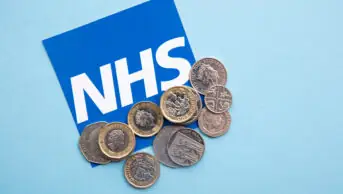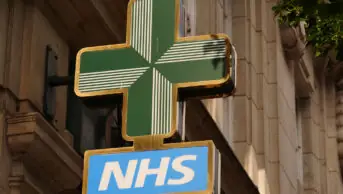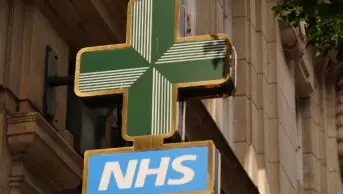
MAG / THE PHARMACEUTICAL JOURNAL
Kent Local Pharmaceutical Committee (LPC) has secured extra funding to help expand the GP Community Pharmacist Consultation Service (CPCS) across Kent and Medway.
The money, which comes from the Access Improvement Programme Fund, is being used to support GP surgeries with training and subsequent backfill costs. Kent LPC will also receive funding to help pharmacies prepare for the CPCS and to train pharmacists, who can then support GP surgeries.
The financial support was obtained after meetings between Kent LPC and Kent and Medway Clinical Commissioning Group (CCG), at which the LPC made the case that deployment of the service could be quicker if extra cash was made available.
Alistair Lindsay, associate director of primary care transformation at Kent and Medway CCG, said that the extra funding meant that Kent LPC “will be able to train pharmacists to support surgeries in Kent and Medway that are about to go live with GP CPCS. This will help to ensure the smooth implementation of the service and to minimise any teething problems.”
There are 326 community pharmacies and 96 GP practices in the Kent and Medway region.
Shilpa Shah, chief executive of Kent LPC, said that “it has been a challenging year for pharmacies and GP practices alike, but GP CPCS is a great opportunity for pharmacies to support their GP colleagues whilst providing better integrated care to patients.”
Shah told The Pharmaceutical Journal that she could not reveal how much extra funding the LPC had received, but she said it was “a significant amount”.
She added that the CCG had provided a dedicated member of staff who would work to support the rollout of the CPCS across Kent.
The CPCS launched in October 2019, and replaced the NHS Urgent Medicine Supply Advanced Service and Digital Minor Illness Referral Service pilots. It was designed to refer patients with minor illnesses or urgent prescription needs to a community pharmacy.
Initially, CPCS referrals were only made through NHS 111, but on 1 November 2020, GP practices began using the service, following a pilot in parts of England that began in June 2019. By early June 2021, there had been 13,000 referrals from GP practices to community pharmacies.


